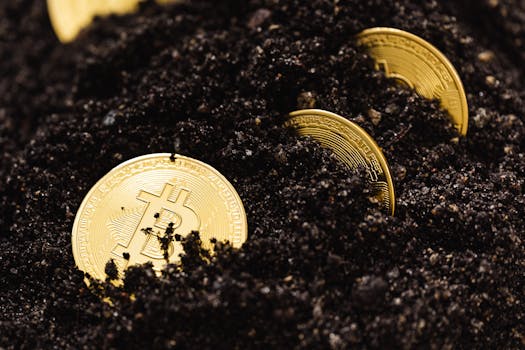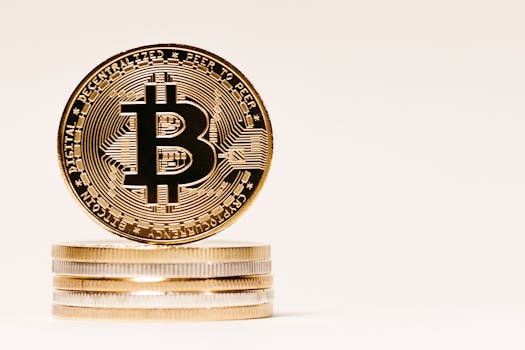
Navigating the Future: Emerging Trends in Fintech Technology
Introduction to Fintech

Focus Keyword: Fintech technology is transforming the financial landscape at an unprecedented rate. The term ‘fintech’ is a combination of ‘finance’ and ‘technology,’ and it refers to the use of technology to improve and automate financial services. Fintech companies are using cutting-edge technologies such as blockchain, artificial intelligence, and the Internet of Things (IoT) to create innovative financial products and services. In this article, we will explore the emerging trends in fintech technology and how they are shaping the future of finance.
Emerging Trends in Fintech Technology

There are several emerging trends in fintech technology that are worth mentioning. Some of these trends include:
- Blockchain Technology: Blockchain technology is a decentralized, digital ledger that records transactions across a network of computers. It is the underlying technology behind cryptocurrencies such as Bitcoin and Ethereum. Blockchain technology has the potential to increase the security, transparency, and efficiency of financial transactions.
- Artificial Intelligence (AI): AI is being used in fintech to improve customer service, detect fraud, and optimize investment portfolios. AI-powered chatbots are being used to provide 24/7 customer support, while machine learning algorithms are being used to detect patterns in financial data and make predictions about market trends.
- Internet of Things (IoT): The IoT refers to the network of physical devices, vehicles, and other items that are embedded with sensors, software, and connectivity, allowing them to collect and exchange data. In fintech, the IoT is being used to develop new payment methods, such as contactless payments and wearables.
- Mobile Payments: Mobile payments are becoming increasingly popular, with many consumers using their smartphones to make payments in-store, online, and in-app. Mobile payment platforms such as Apple Pay, Google Pay, and Samsung Pay are using technologies such as near-field communication (NFC) and tokenization to secure transactions.
- Robo-Advisors: Robo-advisors are digital platforms that use algorithms to provide automated investment advice and portfolio management. They are becoming increasingly popular among retail investors, as they offer low fees, diversification, and convenience.
The Future of Fintech

The future of fintech looks bright, with many experts predicting that the industry will continue to grow and evolve in the coming years. Some of the trends that are expected to shape the future of fintech include:
- Increased Adoption of Blockchain Technology: Blockchain technology is expected to become more widespread in the financial sector, with many banks and financial institutions exploring its use for cross-border payments, securities trading, and other applications.
- Greater Use of AI and Machine Learning: AI and machine learning are expected to play a bigger role in fintech, with many companies using these technologies to improve customer service, detect fraud, and optimize investment portfolios.
- More Mobile Payments: Mobile payments are expected to become even more popular, with many consumers using their smartphones to make payments in-store, online, and in-app.
- Increased Focus on Security: As fintech continues to grow and evolve, there will be an increased focus on security, with many companies investing in technologies such as encryption, biometric authentication, and identity verification to protect customer data and prevent fraud.
Conclusion

In conclusion, fintech technology is transforming the financial landscape at an unprecedented rate. The emerging trends in fintech technology, including blockchain, AI, IoT, mobile payments, and robo-advisors, are shaping the future of finance and creating new opportunities for consumers, businesses, and investors. As the industry continues to grow and evolve, we can expect to see even more innovative financial products and services that are faster, cheaper, and more convenient than ever before.



